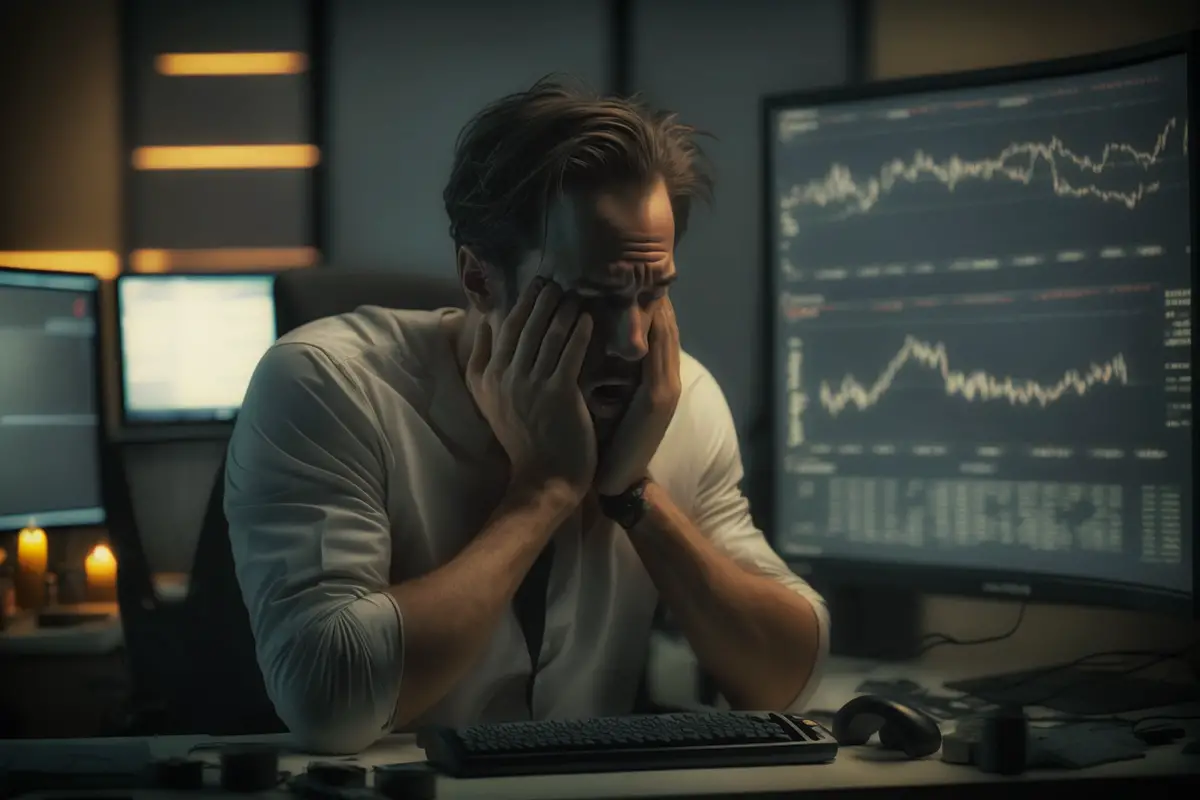“Losing a position is aggravating, whereas losing your nerve is devastating.” – Ed Seykota
In my experience there are three components of trading that have to be managed correctly for the trader to be successful.
There is risk management, system management, and mental management.
I believe that the majority of the 90% of traders that do not succeed fail not because of their system or risk management but because of their own mind. This also includes professionals along with retail traders. There are countless profitable systems out there and risk management should just be math, so it comes down to discipline, self control, and perseverance to eventually make it as a trader yet so many fail.
A trader can be mentally ruined by stress, ego, arrogance, stubbornness, fear, greed, and emotional instability. These factors cause the bad decisions that inflict so much emotional and mental pain that it leads to just giving up. The majority of new traders make the decision in their first year that trading is not for them and they quit.
They give up for emotional and mental reasons primarily not based on math or logic. Launching into trading for a living too early also has disastrous consequences for those that do not understand traders are entrepreneurs not employees. Day trading or watching every tick in price all day every day can also exhaust and break down many new traders. Traders should protect themselves mentally and emotionally as much as financially. New traders must find the profitable system that they can trade. They should never put their net worth or lifestyle on the line for any one trade or string of trades, they should always be able to look down at their trade from a clear headed perspective without their self worth tied up in the outcome.
Many legendary traders came back from ruin, Dan Zanger, Jesse Livermore, Nicolas Darvas , even Alexander Elder lost whole personal accounts or at least half of their starting money but had no trouble coming back and trading again with perseverance to win big in the long term. You can always get more capital if you have the confidence in yourself that gives you the perseverance to stick with trading.
The problem arises when you lose that confidence in yourself. Or you think that the markets are just too hard, or that trading is just not worth the time and effort that you put into it. Trading too big, trading too much, and starting your trading before you really have done your homework will give you a very bad first impression of what it is all about.
At the beginning you can add up the time, effort, and loss of capital and determine that trading is just not a good path and take yourself out of the markets and pursue other endeavors. I am sure doctors and lawyers face the same moment of decision at the beginning of their path as they look through the next ten years of their life and realize the price they have to pay not for success, but for the price of entry into their professional field. They will be working on educating themselves for ten years not for the pot of gold at the end of the rainbow but for the right to pursue that pot of gold.
Trading is no different; you must pay the price of admission. You must hold the goal that you want to achieve in your mind to give you that energy and drive to carry you through those days and those losing trades that seem to yell at you to quit. You must hold on tightly to the image of the prize that you are pursuing: freedom, independence, leisure time, lifestyle, and winning.
The reason I stress the 1% rule for loss of capital per trade and finding a method that fits a traders beliefs and personality is so that they can survive that first year of trading. Trading may or may not be for them but all new traders should at least have a year of kicking the tires in trading and decide with a clear mind whether to put in the time or pursue other interests than to be mentally scarred from trading by being ran over by the bus that is the markets.
